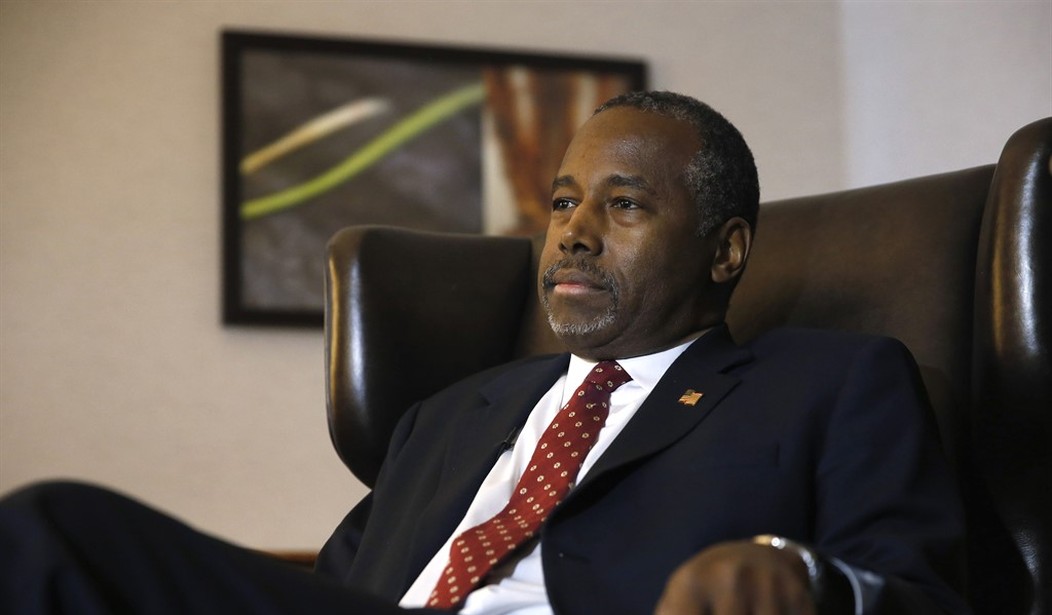First, understand that a "mainline" protestant is not a "mainstream" protestant. The two are not interchangeable. The former is more of an academic term. The basic way to understand what a mainline protestant is would be to understand that the term largely means those protestant denominations that existed during the colonial era of the American colonies and as they have evolved from that point.
Many suggest that the term comes from the Pennsylvania Main Line railroad that ran through Philadelphia neighborhoods at the turn of the twentieth century, which were organized around communities of interest making up those original colonial faiths.
Specifically, mainline protestant denominations are Episcopalians, the United Methodists, the Presbyterians (USA), the American and Northern Baptists, the United Church of Christ, the Congregationalists, the Disciples of Christ, and the Evangelical Lutheran Church in America.
While evangelical churches are more mainstream in America, they are not considered mainline. Many evangelical churches branched off from the mainline. The Southern Baptists, the nation's largest protestant denomination, branched off from the Northern and American Baptist Churches. The Presbyterian Church in America, Evangelical Presbyterians, and Reformed Presbyterians broke away from the main Presbyterian Church, which is today the PCUSA. Anglicans have come back into the country in response to the ordination of gays within the Episcopalian Church.
I await the United Methodist Church splintering over that issue and the social gospel too. The Methodists are one of the last major mainline denominations not to have a serious split, but it is on the verge of happening. For those of you wondering where Mormons are on this list, I am not aware of any Christian denomination that considers the Latter Day Saints to actually be a part of Christianity.
Recommended
Seventh Day Adventists, which Ben Carson identifies with, were not originally within the mainstream of American evangelicalism -- all of which have European roots -- but have been accepted by evangelicals over the course of the twentieth century. Seventh Day Adventists are an American derived denomination that sprang out of the Second Great Awakening in the 1800's. Adventists go to church on Saturday, tend to believe in annihilationism, which means the damned eventually cease to exist, and supplement scripture (a key reason why they are not normally considered a part of mainstream American protestant evangelicalism) with the writings of Ellen G. White, a central leader at the denomination's founding who had had visions and allegedly had the gift of prophesy. They also tend not to be big fans of Catholics.
All of this is gobbledygook to members of the press, who know virtually nothing about religion in America, but who are now going to cover Ben Carson and his faith as if they are experts.
Mainline churches are more concerned these days with the social gospel, the role of gays in the church, etc. These churches are in decline. Their numbers are falling as they have replaced the actual Gospel with a modern sense of spiritualism that ultimately does not feed the flock.
Evangelical churches overall are growing. The charismatic churches are really seeing strong growth. All of these churches are much more concerned with fundamentalism -- which is, like "mainline" -- a specific term.
When people talk about "fundamentalists" these days, they usually mean hard line Christians who are no fun. Actually, a "fundamentalist" is someone who subscribes to five specific points within Protestantism: 1) the inerrancy of the Bible; 2) the virgin birth of Christ; 3) the atonement of sins through Christ's death; 4) the bodily resurrection of Christ; and 5) the reality of Christ's miracles.
Reporters for major media outlets tend to be overwhelmingly secular and unchurched. They are most familiar with mainline denominations that are both more liberal and also dying out. That they report on American evangelicalism without any understanding of it is unfortunate, but also reality.
To find out more about Erick Erickson and read features by other Creators Syndicate writers and cartoonists, visit the Creators Syndicate Web page at www.creators.com.
COPYRIGHT 2015 CREATORS.COM

























Join the conversation as a VIP Member